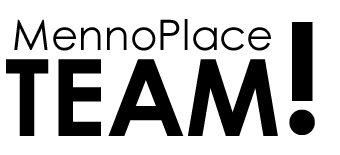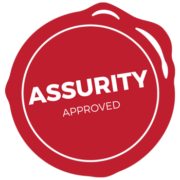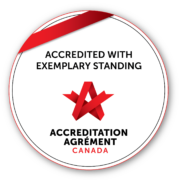Accreditation Bulletin #5 – Medication Management
BULLETIN #5 – Medication Management
Medication Management is one of our Accreditation Themes. It covers organizational safety practices related to medication management. Within Medication Management there are 5 Required Organizational Practices (ROPs) that must be met to successfully complete Accreditation which will occur October 17 – 21, 2022.
ROP #1: THE “DO NOT USE” LIST OF ABBREVIATIONS
Surveyor Question: At Menno Place, do you ensure that incorrect abbreviations and symbols that may cause errors are not used on any written, printed or electronic materials?
Answer: Yes, we follow the Institute for Safe Medication Practices (ISMP) list of error-prone abbreviations, symbols, and dose designation which is reviewed regularly by our Medical & Medication Safety and Advisory Committee (MMSAC).
Evidence: How do we do this?
- “Do Not Use” list is on each unit and easily available
- Every item on the “Do Not Use” list is removed from all written, printed, and electronic documents.
- Nurses and physicians are made aware of the list and the policy RCS 6.02 Medication Administration System.
- Preprinted orders are reviewed annually by the MMSAC and are free of ‘Do Not Use’ abbreviations.
- Audits are completed regularly to ensure compliance with the “Do Not Use” lists.
ROP #2: HIGH ALERT MEDICATIONS
Surveyor Question: At Menno Place, do you have a comprehensive strategy for managing high-alert medications?
Answer: Yes, we follow the process of our policy RCS 6.13 High-Alert Medications.
Evidence: How do we do this?
- Follow policy RCS 6.13 High-Alert Medications
- Follow the Institute for Safe Medication Practices (ISMP) list of high-alert medication
- Educate and train nurses on high-alert medication management
- Audit the process of double check verification done by nurses
- The policy is reviewed annually by the MSACC
ROP #3: HEPARIN SAFETY AND MEDICATION CONCENTRATIONS
Surveyor Question: How does Menno Place ensure that heparin products are limited and stored safely?
Answer: Heparin is identified as high alert medication. We limit the use of heparin products and order only the low molecular weight heparin under specific circumstances.
Evidence: How do we do this?
- Follow policy RCS 6.13 High-Alert Medications
- We do not store high dose heparin products onsite
- High-alert medications are stored in a locked medication cart in locked medication rooms.
ROP #4: NARCOTICS SAFETY
Surveyor Question: How does your team ensure that narcotics are stored and used safely?
Answer: Narcotics are identified as high alert medication. We limit narcotics, ensure restricted access, and educate staff on their usage reduces medication errors.
Evidence: How do we do this?
- Follow policy RCS 6.13 High-Alert Medications
- Follow policy RCS 6.10 Narcotics & Narcotic Record
- All narcotics are either stored in a locked narcotic cupboard or locked medication carts
- Two nurses are required to count narcotics every 24 hours
- A nurse must always be responsible for the keys to the narcotics cupboard and medication room.
ROP #5: MEDICATION RECONCILIATIONS ACROSS CARE TRANSITIONS
Surveyor Question: What process is in place to ensure that the best possible medication history is obtained and that the resident gets the right medication orders?
Answer: Medication reconciliation is conducted in partnership with the resident, family, caregiver, and pharmacy to communicate accurate and complete information about medications across transitions of care.
Evidence: How do we do this?
- Follow policy RCS 6.08 Medication Reconciliation
- All new resident move-ins, transfers back into the care home from acute care or move-outs have medication orders reconciled to ensure accuracy and continuity of medications.
- Nurses complete the medication reconciliation form for each care transition which gets verified by the physician.
- New nursing team members are trained at orientation before their first shift worked.
Thank you for your support in making this Accreditation Survey another successful one!






